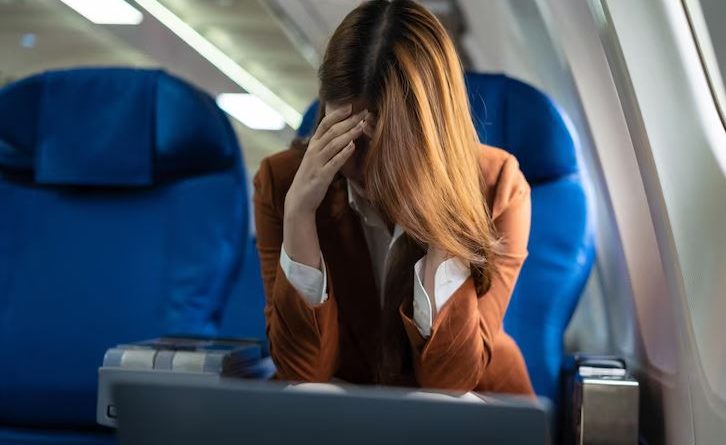Psychological Tricks to Overcome the Fear of Flying
The fear of flying is one of the most common phobias, affecting millions of people worldwide. Although air travel is one of the safest modes of transportation, many individuals experience intense anxiety just at the thought of boarding a flight. Overcoming this phobia is possible with the right approach and effective psychological techniques. Here are some proven tricks to help you manage and conquer your fear of flying.
1. Know the Facts About Air Safety
One of the best ways to combat fear is through education. Understanding that flying is statistically much safer than driving can be reassuring. Modern airplanes are designed with advanced technology and rigorous safety standards. Remembering that turbulence is common and does not pose a danger to the airplane’s integrity can also help you stay calm.
Practical Tip: Research safety procedures and the thorough inspections airplanes undergo before each flight. Information reduces uncertainty and fear.
2. Practice Deep Breathing and Muscle Relaxation
Relaxation techniques are highly effective in reducing anxiety. Deep breathing helps calm the nervous system and decrease feelings of panic. Progressive muscle relaxation involves tensing and relaxing different muscle groups to ease physical tension.
Simple Exercise: Inhale slowly for four seconds, hold your breath for another four seconds, and exhale for six seconds. Repeat this process until you feel more relaxed.
3. Use Positive Visualization
Imagine the flight as a pleasant experience rather than a dangerous one. Visualize the process from takeoff to landing, picturing everything as smooth and safe. Guided visualization can replace negative thoughts with positive images, helping to reprogram your perception of flying.
4. Turn to Distraction
Keeping your mind occupied is an effective strategy to prevent anxious thoughts from taking over. Bring books, movies, music, or puzzles to focus your attention on something enjoyable and calming during the flight.
Helpful Tip: Create a playlist with relaxing music or your favorite podcasts to distract yourself from airplane noises.
5. Learn to Identify and Manage Irrational Thoughts
Fear of flying often stems from irrational thoughts about accidents or lack of control. Practicing cognitive restructuring helps challenge these beliefs. Ask yourself how realistic your fear is and remember that pilots are highly trained to handle difficult situations.
Example of Restructuring: Replace “The plane is going to crash” with “Turbulence is normal and doesn’t affect flight safety.”
6. Talk to the Crew or Other Passengers
Sharing your concerns can ease anxiety. Cabin crew are trained to support nervous passengers. Sometimes, simply talking to fellow travelers can make you feel accompanied and less isolated.
7. Consider Professional Techniques
If your fear is severe, seeking professional help may be the best option. Cognitive-behavioral therapy (CBT) is highly effective in treating phobias. There are also specialized courses for people afraid of flying, combining technical information with psychological strategies.
Conclusion
Overcoming the fear of flying requires practice and a positive mindset. With the right psychological tricks, you can transform flying into a more relaxing experience and eventually enjoy the journey. Applying these techniques will help you conquer your fears and open yourself to new experiences and adventures around the world




